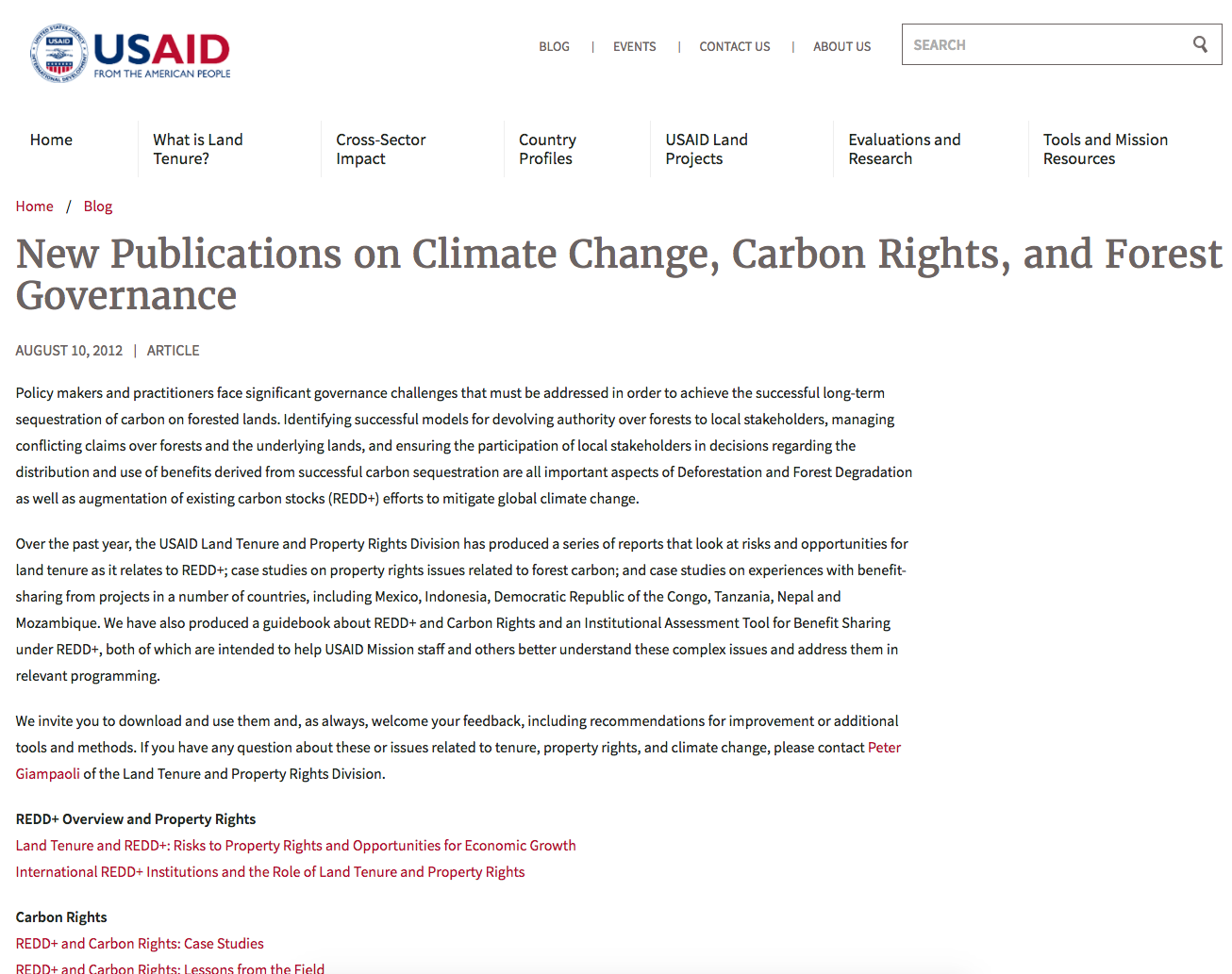The Conflict Analysis Framework (CAF) : Identifying Conflict-Related Obstacles to Development
The Conflict Analysis Framework (CAF),
developed by the CPR Unit, aims to integrate sensitivity to
conflict in Bank assistance, and to help Bank teams consider
factors affecting both conflict and poverty when formulating
development strategies, policies, and programs. Conflict
sensitive approaches that take account of problem areas and
potential sources of conflict may help to prevent the onset,
exacerbation, or resurgence of violent conflict.



